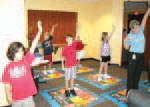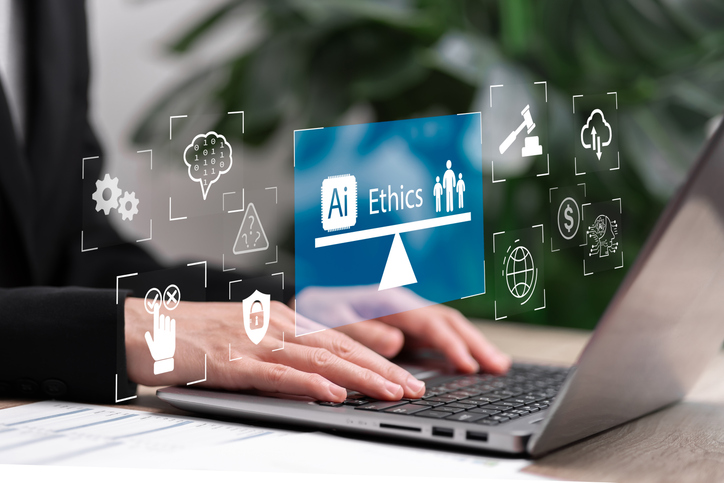Back-Office Business: How Schools Get It Done: October 2010

Arizona district combines online with on-campus
The challenge: The Vail (Arizona) School District has become one of the few districts statewide that were approved to be Arizona Online Instruction (AOI) providers. This means that students in the district can take some of their regular classes online during the school day.
The solution: The combination of classes varies for each student depending on his or her needs and desires. Whereas one student may take three classes online and his other three classes (including AP courses) on campus, another student may choose simply to take Art or PE first thing in the morning, leaving the rest of her day open for working on online classes. All students taking a class on campus at the VAHS receive a netbook to use while enrolled in that class.
Let’s get physical
The challenge: The state of Florida requires 150 minutes of physical education each week, but not all schools can build that much time into the weekly schedule with a certified PE teacher.
The solution: Almost 40 schools have turned to a new online physical education program for grades three through five from Florida Virtual Schools. The 30-minute online course incorporates physical exercise by setting activities to music and by using numbered mats that reinforce academic skills and allow classroom teachers to provide practice for FCAT -tested skills such as multiplication, addition, and subtraction. By adding this physical time to other weekly PE activities, these Florida schools are able to enhance their program, and meet the state’s 150 hour-a-week requirement.
California schools pilot new iPad algebra curriculum
The challenge: California Secretary of Education Bonnie Reiss joined Long Beach Unified School District Superintendent Christopher Steinhauser and others recently at Washington Middle School in Long Beach to launch a year-long pilot of the first full-curriculum Algebra app for the Apple iPad. The pilot also represents the launch of Houghton Mifflin Harcourt’s HMH Fuse, a new mode of curriculum delivery that uses interactive platforms and mobile devices.
The solution: Empirical Education Inc., a Silicon Valley research organization, will compare students using the new iPad-delivered content to those using conventional textbooks. A report on the research findings is expected in fall 2011.
Tools and ideas to transform education. Sign up below.
